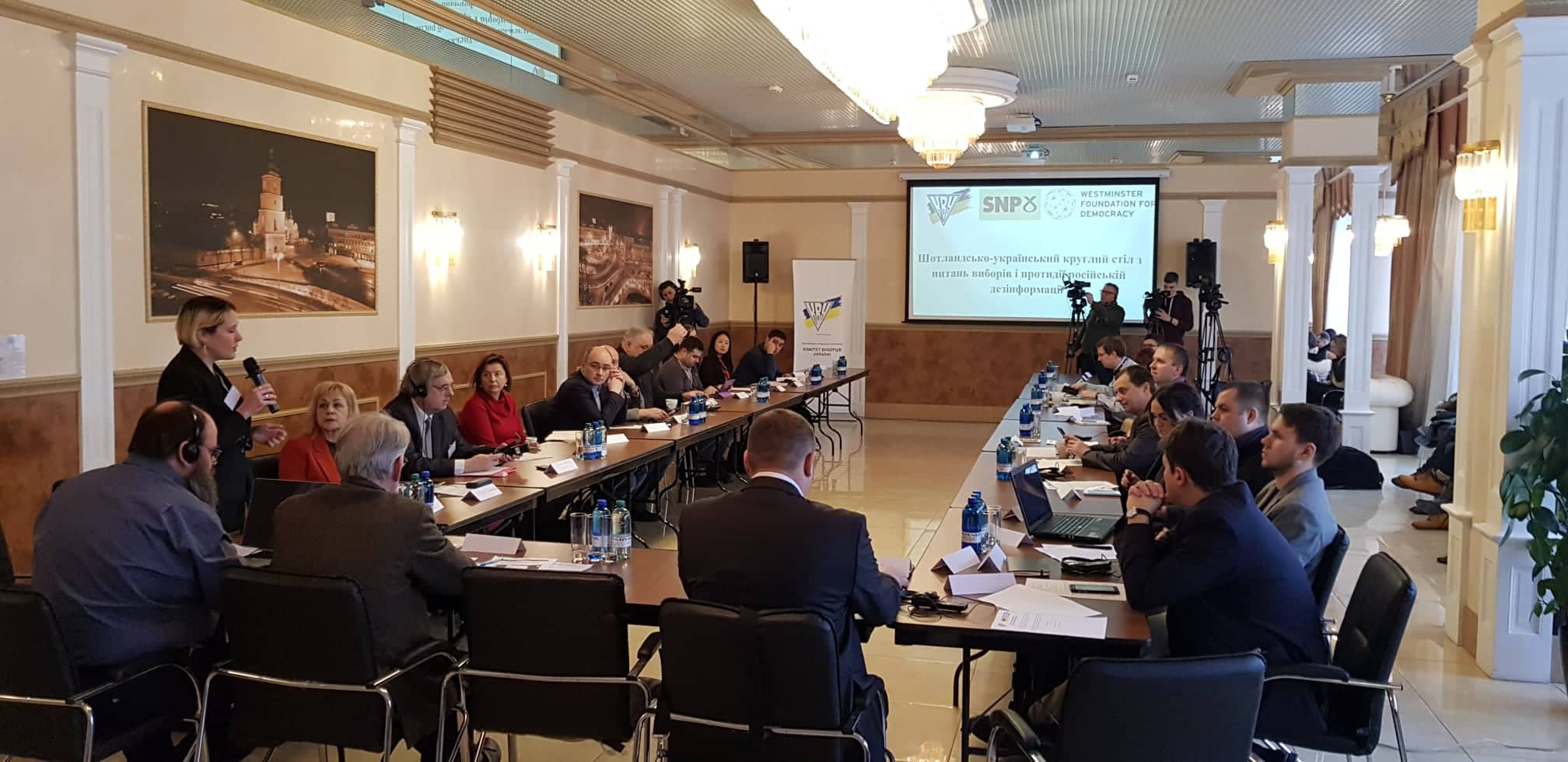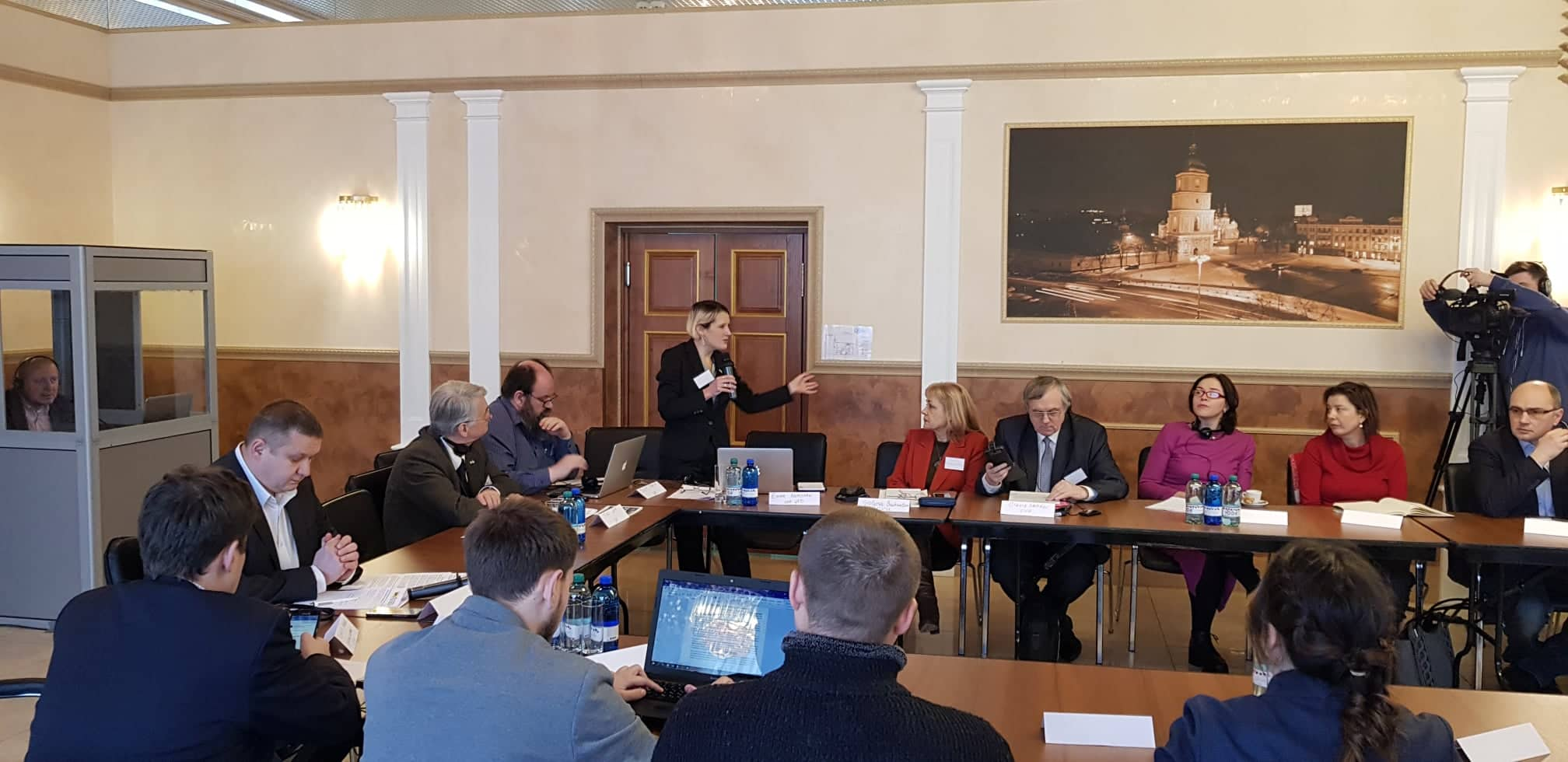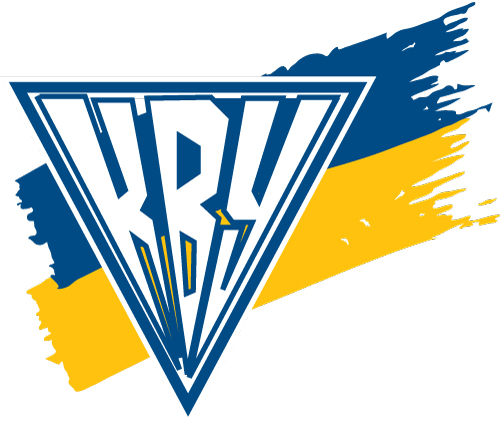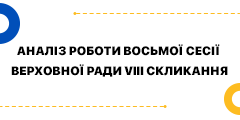In 28th January there was held Scotland and Ukraine roundtable on elections and Russian disinformation hosted by the Committee of Voters of Ukraine (CVU) and the Scottish National Party Westminster Foundation for Democracy (SNP WFD).

The aim of the roundtable: to encourage dialogue between CVU regional representatives, SNP legal and political representatives, Members of the Rada, media and Ukrainian civil society to develop a guide for voters on recognising and avoiding disinformation during upcoming elections.
The moderator of the event was the Director General of the CVU Oleksiy Koshel. In his opinion, the main Russian threats to the presidential election are information influence, cyberbullying, financial support and technologies involving force. Information interference is most visible in the issues of the distribution of Russian analogue television in the border areas of Chernihiv, Sumy and Kharkiv oblasts. Also, the technology of information provocations is threatened. For example, the creation of fake pages of regional and district branches of political parties and candidates for the dissemination of inaccurate information on the eve of the election. In addition, according to CVU, there is a risk of financial support for Ukrainian candidates by citizens and companies associated with the Russian Federation, and the risk of using force technologies such as pseudo- mine laying or attempts to seize polling stations.

Yevgeny Magda, Executive Director of the Institute of World Policy, presented a study on the possible influence of Russia on the Ukrainian elections. In particular, he stressed that Russia would throw the thesis about peace at any price into the information space of Ukraine. However, the price and realism of such promises will not be specified. Political scientist stressed that Russia intervened in the Ukrainian elections for 18 years (from 1994 to 2013). The intervention was in form of sending political technologists, using of money, information influence. The only exception was the 2014 election. According to Mr. Magda, Ukraine, by holding in 2014-15 a full cycle of elections (early presidential, early parliamentary and regular local) ruined the Russian myth about the Kievan hunta. Russia, meanwhile, seeks to make the electoral campaign in Ukraine a "cold" civil war. Such cases have already taken place in 2004 and 2010, when the opposition of various parts of society continued. However, unlike those situations, currently there is no electoral division in Ukraine. According to Mr Magda, for Russia it is much safer to intervene in the Ukrainian presidential election and work with presidential candidates, than organizing a direct offensive on the Donbass, landing on the Azov Sea coast. In that case, there will be a smaller threat to get new sanctions.
Members of Parliament of Ukraine participated in the event.
Vadym Denysenko, a representative of the Cabinet of Ministers in the Verkhovna Rada, MP, noted that one of the key subject of "field work" of Russia during the 2019 election campaign may be, among other things, the theme of the church. Also, the politician stressed that one of the main issues during the election should be the protection of party and candidates servers from information attacks. According to Mr. Denisenko, by November 2019, Ukraine will regularly experience Russia's information attacks. "Fake and not fake, but I think that in the coming months, until November, we will regularly experience information attacks about hacking of the server of party X or candidate X and what information there was found. And there will be a wave of such activities during two-three days, then it collapses and a new wave appears. And this is something that really needs to be understood,"- said the politician.
Oleksandr Chernenko, MP, stressed that Russia's goal in the elections would be to undermine the legitimacy of the electoral process. The purpose of the Russian Federation is to show the world that the elections in Ukraine are not democratic, to prove that Ukraine is an example of a failed state. The politician gave examples, already in Ukraine actively are disseminated the thesis about the impossibility of IDPs from Donbas to vote, allegedly “the state ignores the voting rights of this category of citizens”. However, such theses do not correspond to reality and are political fake. In fact, IDPs have every opportunity to vote in elections. They can do this through the mechanism of temporary change of voting place without changing the electoral address. This mechanism is not complicated and allows ensuring the electoral rights of all Ukrainian citizens.

Emma Armshaw made welcome speech on behalf of the Scottish National Party Westminster Foundation for Democracy Office. She said that in 2018 the Office launched a small programme in Ukraine exploring the issue of Russian disinformation. In 2019, the programme will focus specifically on how disinformation affects the process and results of elections. A series of roundtable discussions aimed to develop a shareable guide for voters with practical advice on recognising disinformation on the eve of the election.

Mike Weir, made thematic speech. He served 16 years in the UK Parliament as MP for Angus and has experience of work in such thematic Committees as the Scottish Affairs, Trade & Industry, and Energy & Climate Change Select Committees, as well as numerous Standing Committees looking at legislation in detail. Between 2015 and 2017 he was the Chief Whip of the SNP Group at Westminster.
Scott Martin, the Solicitor to SDN and is an electoral lawyer and campaigner in the UK took part in the discussion as well. He was a director of Yes Scotland, the lead campaign organisation for the 2014 Scottish Independence referendum. Expert recalled that during the Scottish referendum there was a spread of information attacks that disoriented voters and hindered a conscious choice of citizens.
The event was attended by regional representatives of the CVU, which talked about the influence of Russia on the regions of their activities and the steps taken to counter such attacks.
Vladislav Telen, head of the Vinnytsia CVU branch, pointed to Russia's increased attention to this subject. In his opinion, Russia is already interfering in the region with the help of information attacks. In particular, regarding the mass distribution of fake news about the alleged capture of local churches by Ukrainian representatives.
Volodymyr Andriychenko, head of the Chernihiv CVU branch, added that similar problems are also in the Chernihiv region, which borders with the territory of Russia. He pointed to the difficulties of the region, due to the powerful television influence of Russia through satellite television.
Oleksiy Svetikov from the Luhansk CVU branch raised the issue of Russia's significant information influence on the citizens of the temporarily occupied territory of Ukraine. In his opinion, Russia massively distributes fake information, which, however, often remains without an adequate response from the Ukrainian authorities.
Halyna Bahmatova, head of the Kherson CVU branch, emphasized the importance of disseminating information and education programs among the residents of the region. These programs are designed to form conscious choices of citizens based on objective and honest information, not Russian propaganda and fekes.

For your information:
The Committee of Voters of Ukraine is an all-Ukrainian NGO, founded as an independent non-partisan organisation to promote democratic changes in the country, including through independent non-governmental monitoring of election and referendum processes, both at the national and local levels, as well as public lobbying of the relevant legislative changes. There are 125 registered oblast, rayon and city organisations of CVU in all regions of the Ukrainian state.
The Scottish National Party is a pro-European center-left party with unique experience in policy which it shares in its course program activities and co-operation, as the ruling (and largest) party in the Scottish Parliament and the opposition party (third in number of deputies) in the United Kingdom Parliament.
The Westminster Foundation for Democracy is a non-governmental public organization in the United Kingdom created to promote democratic processes in the world. WFD works in partnership with United Kingdom political parties, parliaments, electoral institutions and financial control institutions, providing support to countries around the world to ensure a fair, more efficient and accountable governance system.

